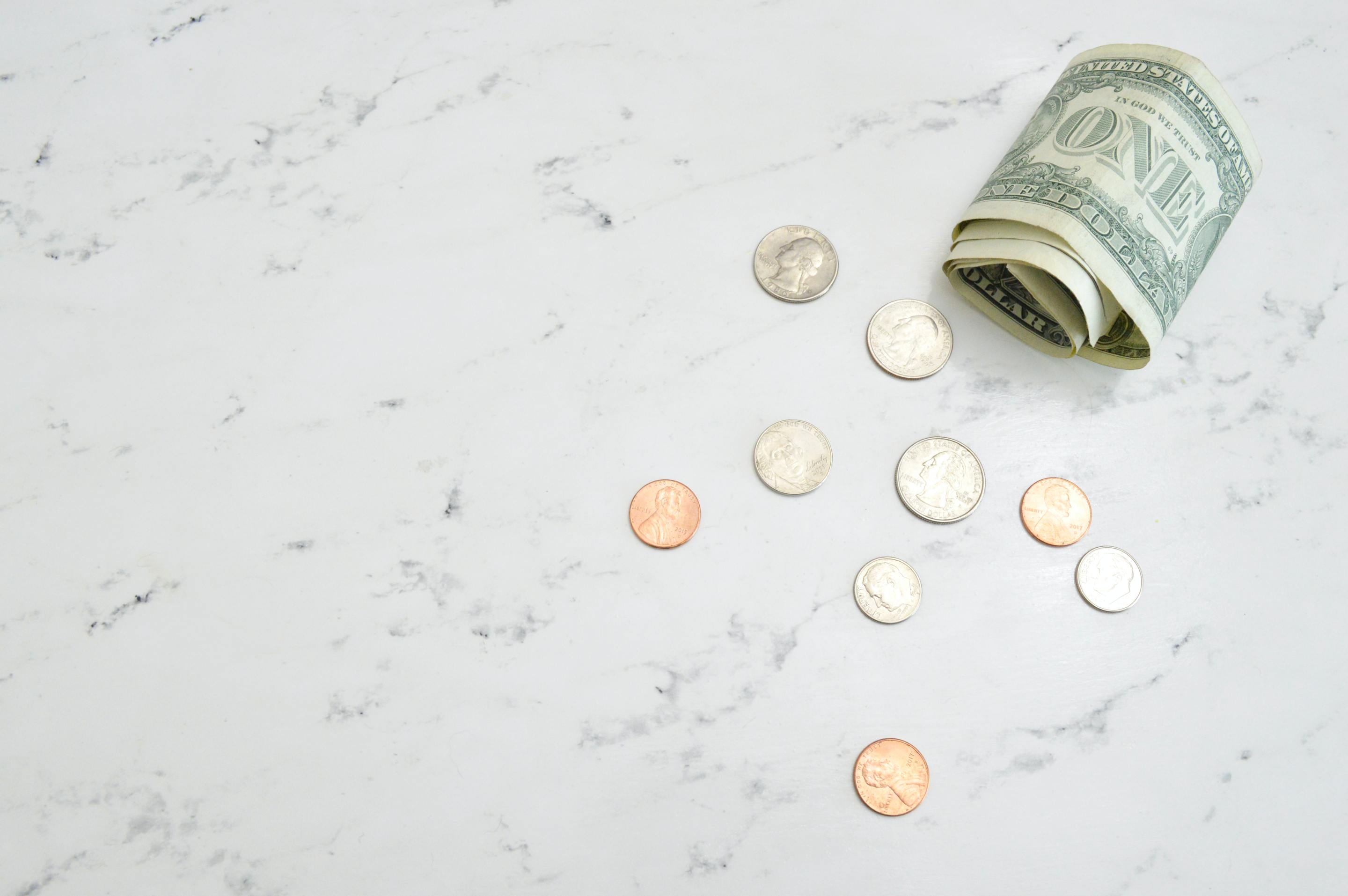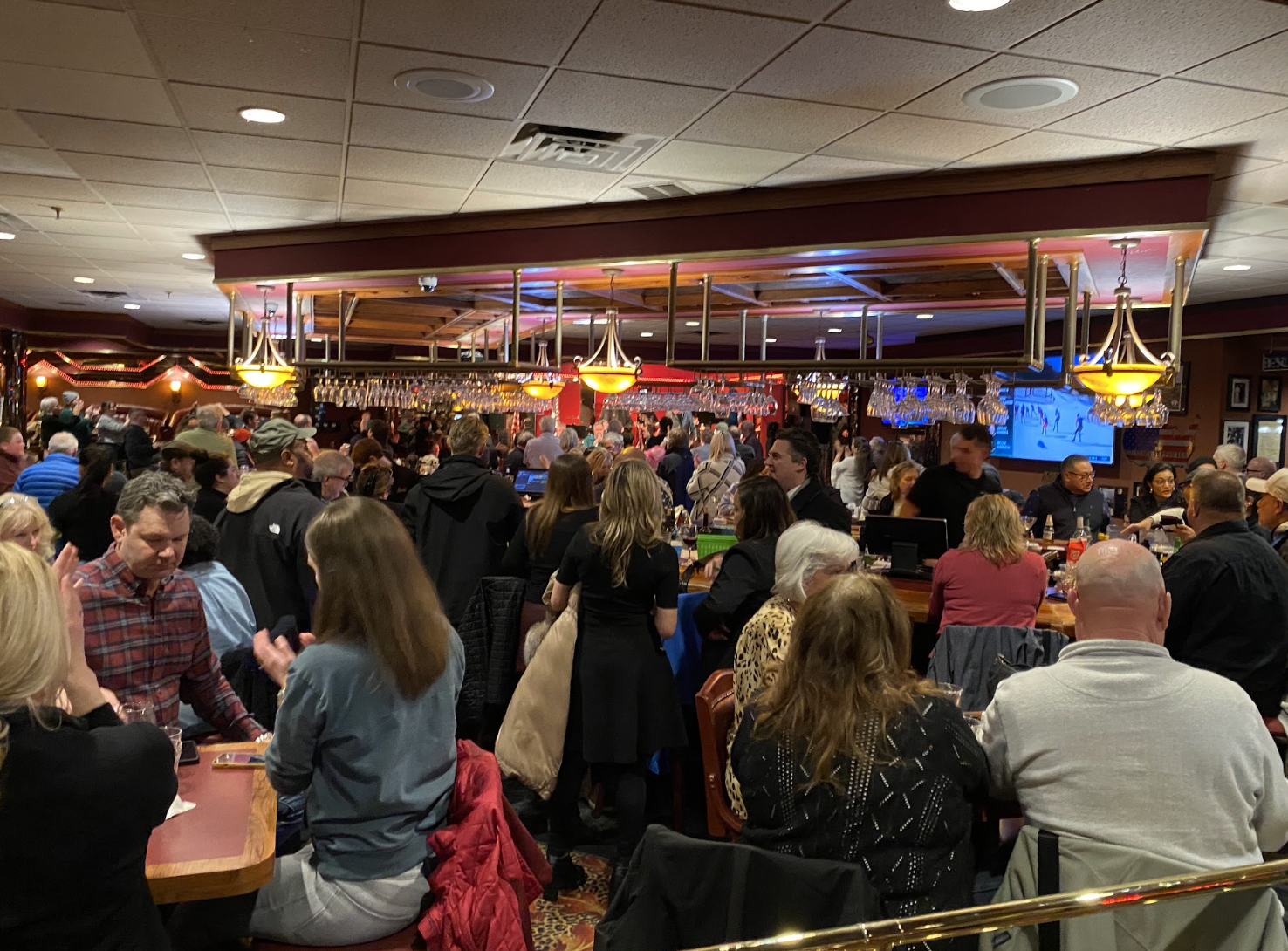Welcome to Racket’s Money Journal series, where you can snoop on the finances of an anonymous Twin Cities neighbor. Interested in submitting your own? Email jay@racketmn.com for instructions on over-sharing the monetary details of your life! H/T to Refinery29 for pioneering a tremendous concept that we’re excited to localize.
Job: College professor (I’m part-time at two different schools) and freelance musician
Age: 48
Neighborhood: Standish-Ericsson
Education: DMA (Doctor of Musical Arts, or Don’t Mean Anything, is the terminal degree for music performance)
Salary: Approximately $45,000, varies
Partner’s salary: I’m a single child-free cat lady, and my cat is not pulling her weight.
Estimated net worth: Approximately $162,000 at the beginning of October (I update once a month). This amount has taken a total dump since the beginning of the year–have you heard that the stock market sucks right now??? I do not, by the way, anticipate retiring; I started saving late, and have generally had a lower income than I have now.
Total non-retirement savings: About $15,000 in money market and other bank accounts. In other years I have been 100% freelance and it remains important to me to have savings and access to cash.
Debt
None, though I do put everything on credit cards that I pay in full every month to get points/cash back, so any snapshot of my finances will show $1-2K in credit card “debt.” These fuckers have maybe once gotten a finance charge out of me in 15+ years of doing this.
Monthly Expenses
Paycheck amount: Currently $2,742/month net from college jobs (this has fluctuated through the year depending on my appointment percentage), and an average of $1,800/month (pre-tax) so far this year from performing and teaching private lessons.
Family assistance: No financial assistance, but they provide massive resources in other ways and I think it’s super important to talk about non-financial resources whenever we’re talking about what constitutes wealth. For example, if my car is in the shop and I still need to be able to get to Northfield, I can borrow a family car for days at a time. How much would it cost me if I had to rent? Or miss work and reschedule lessons?
Rent: $1,155 for a one-bedroom in an owner-occupied triplex that I have lived in for 11 years. The property owner pays all utilities except electric, and that costs me about $45/month. It is a very good deal in a location that I love.
Cat: About $75–I feed her bougie fresh meat, but if I don’t the litterbox is a nightmare and her asthma is noticeably worse.
Insurance
- Health & Dental: $182.70 pre-tax. One of my employers pays the rest, and also pays $100/month into my health savings account to help cover the deductible. This is a sweet deal for a part-timer. I also put $100/month into the HSA, pre-tax from my paycheck.
- Life: $20
- Car: $85. My catalytic converter was stolen in March and my insurance went up.
- Renter’s: About $10, but I pay this in a lump sum once a year.
Retirement: $375 to Roth IRAs I opened myself. Occasionally I make an additional lump sum investment if I get an unplanned gig payment. 3% of my academic paychecks goes to mandatory retirement plans, and each employer contributes 9%. I have also been buying I bonds lately because the interest rate is super high right now.
Phone: $55
Internet: $60 for fiber
Car: I’m driving a 2012 Kia Soul that is long paid off but getting to the stage where it needs a fair amount of maintenance, and I spend a pantload on gas because I teach in Northfield four days a week. Carleton reimburses mileage for part time music faculty, St. Olaf does not. I plan to go electric as soon as it’s feasible, and my mileage reimbursement should cover a lot of the monthly payment nine months of the year.
Subscriptions: Netflix, Spotify (which is bundled with free Hulu for some reason?), NYT (still on the intro rate), Racket of course [Editor's note: hell yeah], a few Patreons. I also pay monthly to a handful of nonprofits, and for my online lesson scheduler.
Money Talk Q&A
Did your family talk about money growing up? Sort of? I would say we were lower middle class, and I think my parents shielded us quite a lot from their money anxieties. Explicit money talk was rare, and I could have used more of it, really. My parents demonstrated their feelings about sufficiency, excess, and budget in how we lived overall. Like, if we were at Lake Josephine and all the kids were running across the street to DQ, we generally were not joining in, or sometimes we could have something from the sub-$1 part of the menu. Peanut Buster Parfaits, which I coveted, had to be on my own dime.
The four of us kids could pick like one activity per season (a sport, music lessons, etc.) and my parents figured out how to fund it. I definitely had good opportunities, but childhood was also unscheduled and free-range, for the most part. At a certain age we got a small allowance (I’m talking '80s-style allowance, so maybe $3/week to start?), and we all contributed to the household in the form of chores. We all babysat or did other paid work when we were old enough, and had to get summer jobs.
Between my two parents, it really seemed like they could make or do almost anything, and that was great, because I don’t think any other way was affordable. (There was literally a cookbook in the house called Living More With Less.) The idea that you would just pay someone else to do something for you, or that you would buy something you could make yourself–well, that just wasn’t how we did things. On the one hand, because of how my family operated, I feel very capable of just trying my own toilet repair; on the other hand, it took well into adulthood for me to realize my time is worth a lot of money, and that sometimes the very best value is paying someone else or spending more to get what you need.
Did you worry about money growing up? I think I just wished for more of the trappings of upward mobility sometimes–all the bullshit that commercials told me I wanted. I didn’t get Guess jeans until they trickled down to the Marshall’s clearance rack and I could nab them with babysitting money, you know?
At what age did you become financially independent? This is a bit mushy. I think I stopped asking my parents for money (for books, snacks, clothes) my sophomore year in college, but they contributed to my education all the way through. I got hefty scholarships and grants plus loans to go to a private college, which was cool, but there was also a family responsibility portion, and it was a stretch. One time I was a blithe asshole about the amount my parents paid every month and they had to sit me down and say "this amount is a big deal and is hard for us." I have never forgotten it.
After I graduated, I lived at home for two years (it was legitimately fun!) and I paid $100/month in rent to my folks while I worked temp jobs and did auditions and gigs. I would say by the time I moved into an apartment and started grad school at 24 I was truly launched. I paid for grad school (and the rest of my life in that era) myself with fellowships, assistantships, competition winnings, and performing.
Even without a lot of actual cash assistance, my post-college transition to adult independence was totally facilitated by having a soft place to land with family.
How did you learn how to budget your life? I honestly have no idea, but I definitely do it! It’s intuitive, and not rigid, but I keep track of a lot of money things (I’ve been at least partly self-employed for 20+ years, so there’s stuff you actually have to track for taxes), and my budget strategies, such as they are, are just routine at this point. It helps that I inherited an ethos of sufficiency, that I'm pretty moderate in my tastes, and that I like a spreadsheet (LOL). It’s key that I don’t seem to need predictable income to function well. I also think financial information is interesting (and is kept intentionally complex and jargon-y, so that most people give up).
Have you ever received inherited income, major financial gifts, or large insurance payouts? Nope.
Do you worry about money now? I don't think I worry about money per se, it's more like I worry about the collapse of our financial system (relaxing!), which seems like a house of cards based on the feelings of the ultra-rich. So much financial planning advice is predicated on a long stretch of relative prosperity for white dudes in the 20th century, and doesn't account for things like, say, rising authoritarianism, climate catastrophe, systemic racism, income inequality, global pandemic, skyrocketing healthcare and education costs, etc. And yet here I am, doggedly plugging money into retirement accounts, following a systematic investment plan like you’re supposed to, keeping a cool-ish head, feeling conflicted about the entire existence of "markets," and hoping that when I need my retirement money we won't be in another financial crisis where I'm 25% worse off than I was the year before.
I also worry about hoarding resources when there are people in this city sleeping in tents (people whose homes and belongings are routinely destroyed by cops). And of course, because of how healthcare works in this country, most of us are one major health event away from dire financial circumstances.
Despite these subterranean anxieties, one of my personal mantras is "I find money all around me," which is not manifestation bullshit; it’s about seeing and appreciating the abundance of resources I have access to beyond actual money.
How much do you think a person or household needs to earn to live comfortably in the Twin Cities?
Look, I’m living well on less than what most people need. That’s not a flex; I’m really lucky. If I had student debt, chronic health stuff, and/or a big car payment things would be much tighter if not impossible on my income. I think $75K for a single person living alone is probably more realistic.
Day 1
8:30 a.m.: I suddenly remember that I can use credit card points to erase travel purchases, so I redeem 15,800 points to cover half of my hotel from a trip in September. I think that means I started this day at +$158.
2 p.m.: I buy coffee at the café in the building where I work, but it was actually prepaid: You can load up your ID card with college currency, and then your impulse lattes are discounted.
Total: +$158.
Day 2
7:15 p.m.: I find myself fantasizing about bread products at the end of my teaching day, and buy bagels and a few other groceries at the co-op before my rehearsal. $16.
8:30 p.m.: Someone shares a bushel of apples at the rehearsal. Free apples! I find money all around me!
Total: $16.
Day 3
1 p.m.: One of my private students, a former pro baker, brings me cookies; I’m in the black on cookies for about a half hour until I eat them all.
3:30 p.m.: I buy my sister a New Kids on the Block tote bag from a consignment store as a joke/not joke present, but I use credit from stuff I’ve sold there to cover the $8 charge, making it a freebie.
7:30 p.m.: It’s Mutual Aid Friday, a project I’ve been doing since 2020, wherein I raise a few hundred dollars from my network and redistribute it to people who need it. I Venmo this week’s requester $25.
Total: $25
Day 4
7:30 p.m.: Volunteering at a cool opera premiere event at Indigenous Roots. Tea/tip at their cafe: $5.
Total: $5
Day 5
10:30 a.m. Groceries at Seward Co-op, including a face-sized pastry and coffee: $55.
10:30 p.m.: On the way home from a party I remember to fuel up my car. I wish there was a way to capture the financial value of doing Future Me this solid now rather than waiting until Monday morning: $36.90
Total: $91.90.
Day 6
1 p.m. Midday coffee on campus (different campus): $4.03.
5:45 p.m.: I stop at Mississippi Market for dinner and some snacks for a singer event I’m co-hosting: $23.
6:15 p.m.: Meter parking in Lowertown: $3.02.
8:30 p.m. I leave the event with more snacks than I arrived with (abundance!), and Venmo some bonus gas money to our pianist: $10.
Total: $40.05.
Day 7
6 p.m. Vietnamese food at a friend’s house; she picked up the takeout for us (priceless after a day of work). I tried to Venmo her more than it cost, and she sent the money back to me: $13.
Not captured in $: Access to dope collegiate gyms for free with my employment; social events with family and/or friends where I was fed and beverage'd to the max.
Total: $13.






